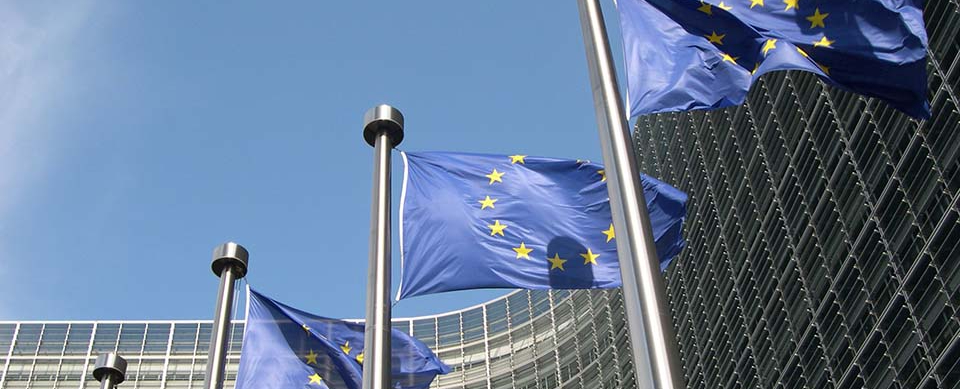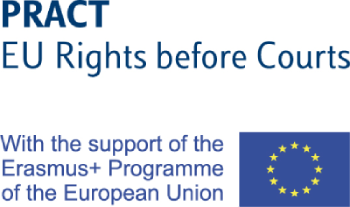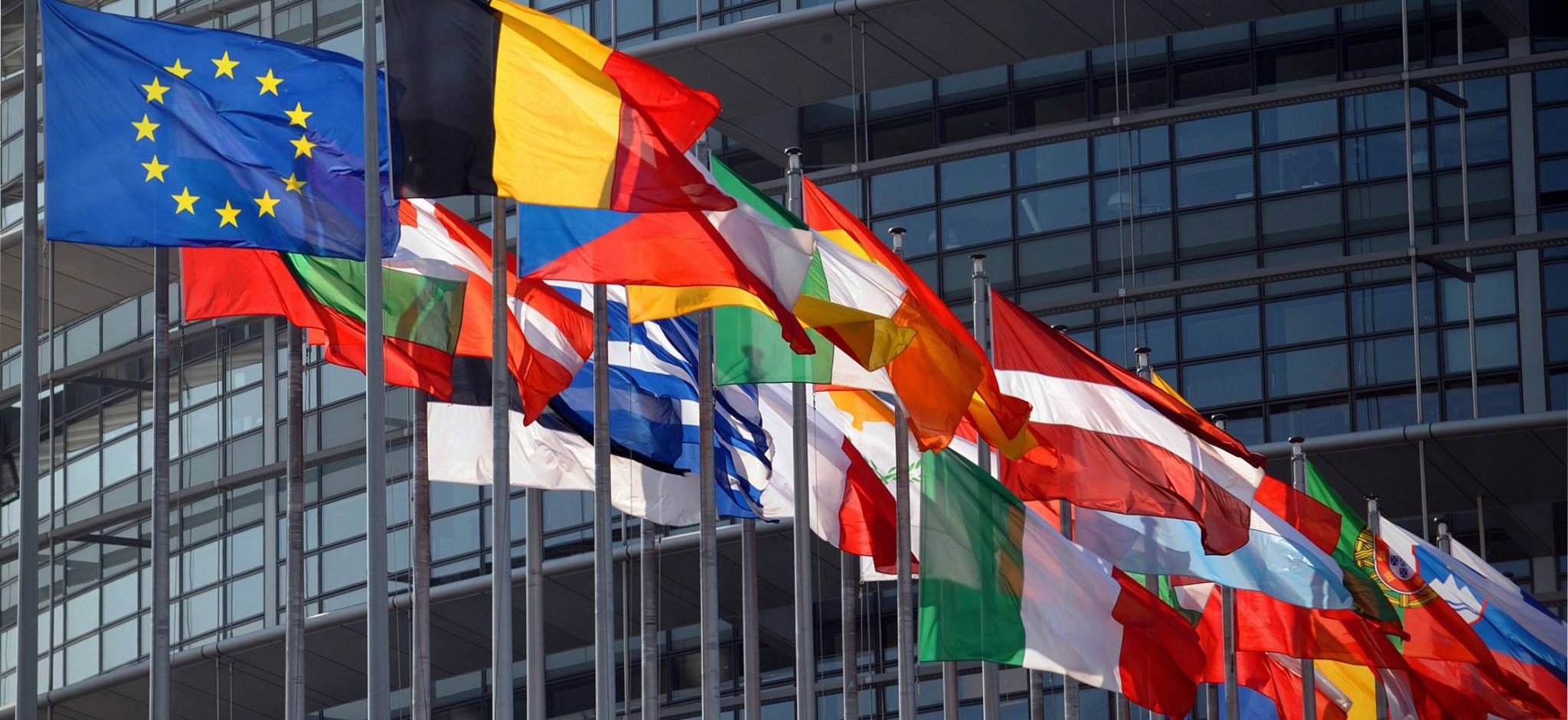
The Chair’s main goal is explaining in great detail to undergraduate, graduate and Ph.D. students how, when and to what extent can rights, grounded in EU law, be invoked and put into action before national and EU courts. At the core of the Chair lies the comprehension of constitutional principles that constitute the root (and the originality) of the EU and distinguish it from ‘pure’ international law: primacy, direct effect, indirect effect, effectiveness and effective judicial protection.
Teaching about such doctrines, including when they apply in the context of fundamental rights as enshrined in the EU Charter of Fundamental Rights as well as of competition law and internal market, means investigating the fundamental essence of the EU. It intends to reconstruct the theoretical and practical foundations of primi inter pares principles which stand out among the other principles of EU law due to their impact on the level, scope and extent of the protection of the rights created by primary and secondary EU law in favour of individuals.
Furthermore, the Chair investigates the relationship between the EU legal order and the domestic legal orders of the Member States, keeping in mind that the process of European integration has its raison d’être in the individuals and their capacity to rely on and invoke EU provisions before national and EU jurisdictions for seeking justice and redress through disapplication of conflicting national law, consistent interpretation and compensation for damages. Indeed, the doctrines governing the internal effect of EU law place natural and legal persons, and their rights, at the centre of the Treaties. In this sense, they determine the autonomy of a legal order that, although originating in international law, has distanced itself from the latter in its own constitutive elements. The originality of EU law consists precisely in its vocation to affect the legal position of individuals who, rather than being third-party beneficiaries of the legal relations existing between the Member States that have signed and ratified the Treaties, directly enjoy rights arising from the obligations imposed on national authorities by EU law.
The ultimate aim of the Chair is to provide students with the necessary tools to understand the spirit and the purpose of the European project. A spirit and a purpose that have always prompted EU institutions, notwithstanding Brexit and the current crisis of ‘legitimacy’ within many Member States, to consolidate the political dimension of the EU, albeit ‘in small steps’ (Claudio Magris). A type of ‘integration through law’ (Mauro Cappelletti, Monica Seccombe, John H. Weiler), but also and above all through rights, whereby individuals should be considered not only as a crucial factor of private enforcement of EU provisions. Instead, the tangible nature of EU law rests on the conferral upon citizens of rights, foreseen in EU primary and secondary law, they can invoke and exercise before courts.
The Chair will make students understand the revolution brought by the CJEU in ‘giving individuals access to the law’ (Mark Dawson) and treating them as the main motor of integration of EU law. Thanks to the Van Gend & Loos case law and its subsequent jurisprudence, despite the various the problems arising from the Court’s case law, EU judges managed to keep ‘Community law out of the hands of politicians and bureaucrats and give it to the people’ (Federico Mancini and David Keeling). Students thus will have the opportunity to learn that at the origins of the European project, which direct effect and primacy represent the backbone along with other intertwined doctrines and concepts, lies ‘une certaine idée d’Europe’ (Pierre Pescatore). An idea of Europe that shall be strongly reasserted, especially in a time like ours when new forms of populism, sovereigntism and anti-Europeanism are on the rise.
Lastly, PRACT will involve students enrolled in the Departments of Political Science, Economics and Finance, Business and Management of LUISS through ad hoc seminars on the impact of EU law on sectors and areas relevant to these departments (ie commercial agreements, market financial, migration, etc.).
The Chair will organize workshops, round tables and conferences aimed at encouraging the involvement of LUISS with policy makers and civil society towards the EU.



